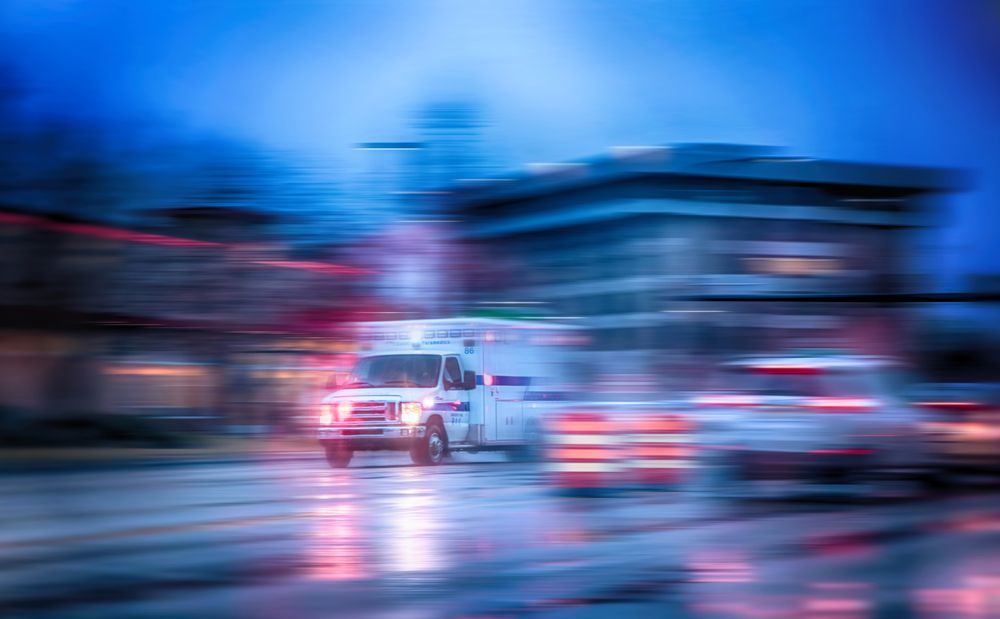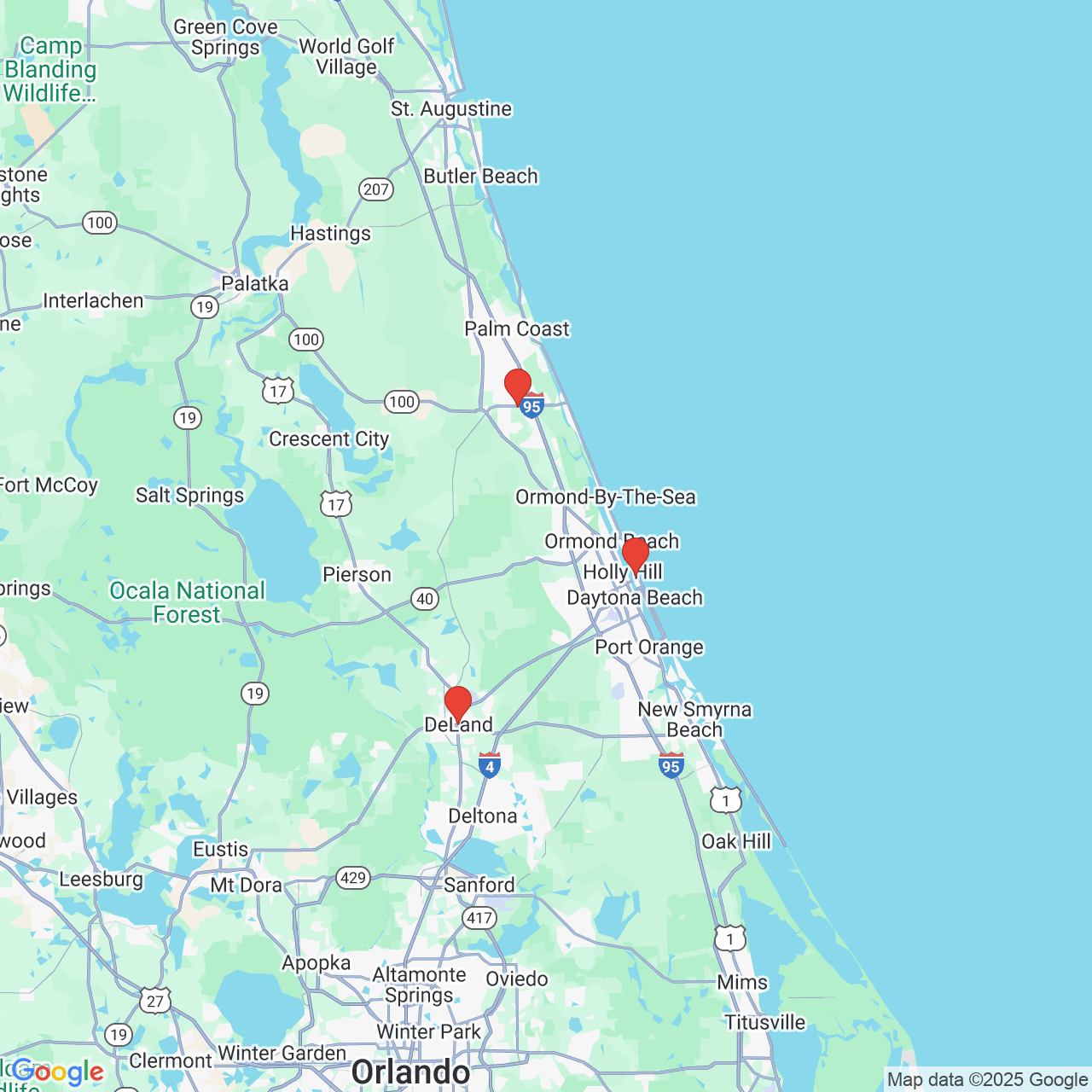Car Accidents Involving Emergency Vehicles
 When people think of emergency vehicles in terms of accidents, they usually picture them reporting to the scene to provide assistance. Most wouldn’t think of emergency vehicles as being part of the problem, but they are involved in accidents much more often than some would guess.
When people think of emergency vehicles in terms of accidents, they usually picture them reporting to the scene to provide assistance. Most wouldn’t think of emergency vehicles as being part of the problem, but they are involved in accidents much more often than some would guess.
Car accidents involving emergency vehicles tend to be highly damaging, and determining accident liability can be complex. Car accident lawyers at Chanfrau & Chanfrau are prepared to help accident victims in Daytona Beach, FL, Palm Coast, FL, and surrounding areas navigate the unique circumstances of an emergency vehicle accident, so that they can obtain the compensation they may be due for damages.
How Often Do Emergency Vehicle Accidents Occur?
Between police cars, fire trucks, and ambulances, there are a lot of emergency vehicles on the road at any given time. While emergency vehicles are not among the most common to be involved in accidents, these types of collisions do occur more often than they should.
One report released by the National Highway Traffic Safety Administration, or NHTSA, looked specifically at the number of yearly accidents involving ambulances. Based on accident data collected between 1992 and 2011, the NHTSA estimates that 4,500 of annual vehicle crashes involve ambulances. Of those, approximately 34 percent result in injury. They further estimate that an average of 33 people are killed each year in these types of crashes. In the majority of fatal crashes, the person killed is a driver or passenger of another vehicle.
These data give just a glimpse of the amount of damage caused by emergency vehicles each year, since it only covers ambulances. Taking police cars and fire trucks into account as well, it is clear that emergency vehicle accidents are a concern.
Damages in an Accident Involving Emergency Vehicles
When emergency vehicle accidents result in injuries, the results can be devastating. Oftentimes, people suffer from incapacitating injuries that require extensive care. These injuries frequently lead to further damages, such as pain and suffering, costly medical expenses, and lost income.
There are a couple of reasons that car accidents involving emergency vehicles are so damaging. The first reason is that most accidents occur when an emergency vehicle is responding to an accident or other emergency situation. As such, the emergency vehicle is usually traveling at high speeds when the accident occurs. Speed multiplies the impact that a vehicle makes in a collision.
The second factor that increases the damage of an emergency vehicle accident is the size and weight of the vehicle. Both ambulances and fire trucks are larger than most other vehicles on the road. Even police cars, which are the same size as many passenger vehicles, tend to be heavier due to the extra equipment they carry.
Determining Accident Liability
Establishing accident liability when emergency vehicles are involved can be tricky. Most emergency vehicles are owned by the government, or used on behalf of the government. In normal circumstances, they may be protected from being sued if an accident happens when they are responding to an emergency situation, even if they caused the crash. Still, accident victims may have the right to financial compensation.
Our attorneys will examine the details of an accident to see if our Daytona Beach clients are able to file a lawsuit. If emergency vehicle drivers were reckless or negligent in their actions, they may be held personally liable. Actions that may warrant a lawsuit include:
- Failure to use lights and sirens when responding to an emergency
- Speeding through intersections without checking for traffic
- Taking turns at high speeds
- Traveling through spaces that are too narrow, or unsafe for the vehicle
Learn About Your Rights
If you have been injured in a car accident involving an emergency vehicle, the attorneys at Chanfrau & Chanfrau can help you explore your legal options. Send us a message at your earliest convenience to discuss the details of your case, or call us at (386) 258-7313.



